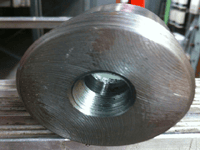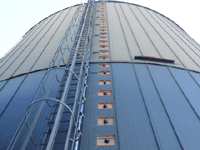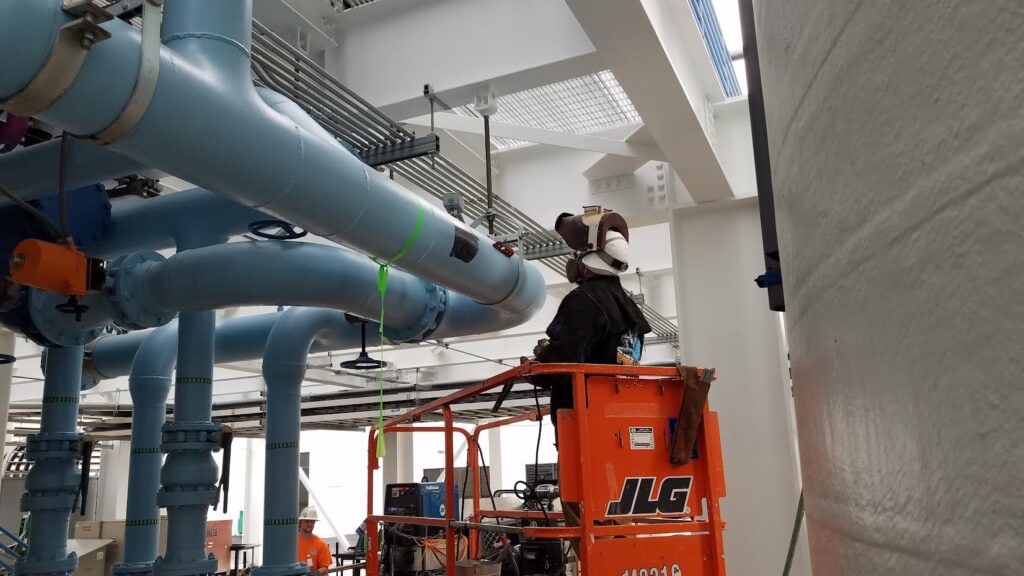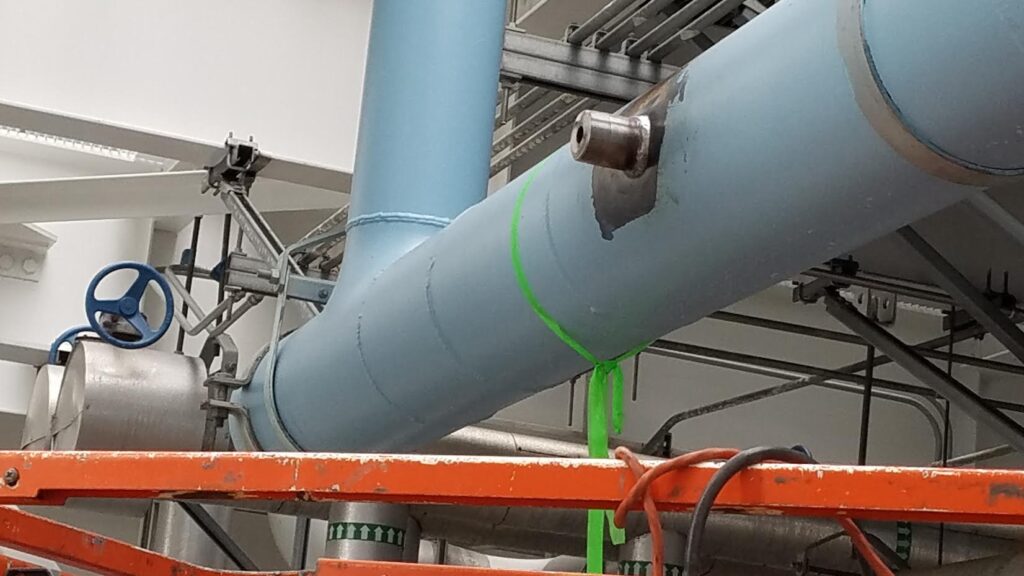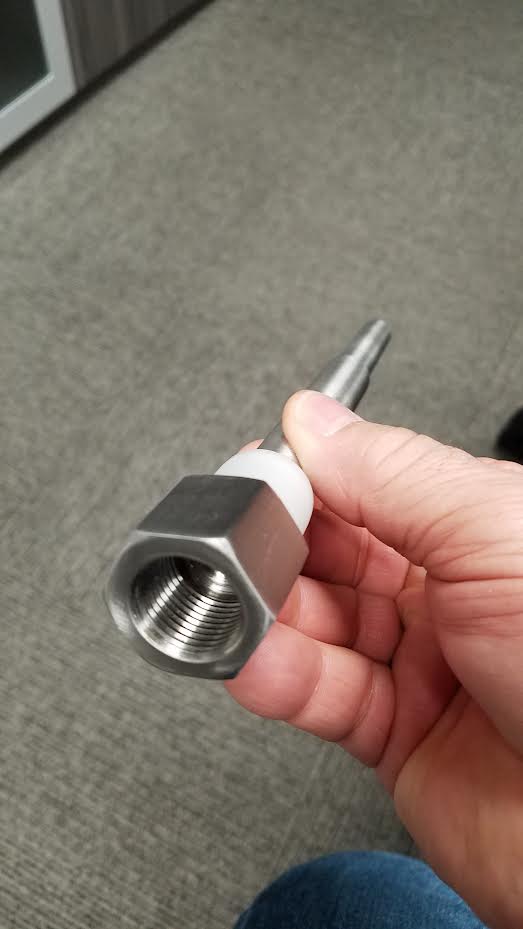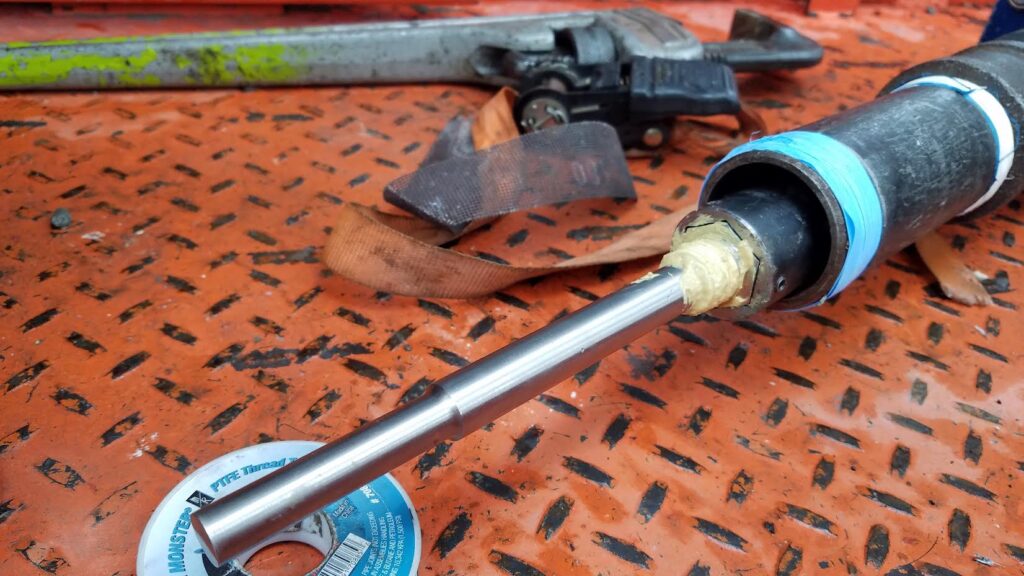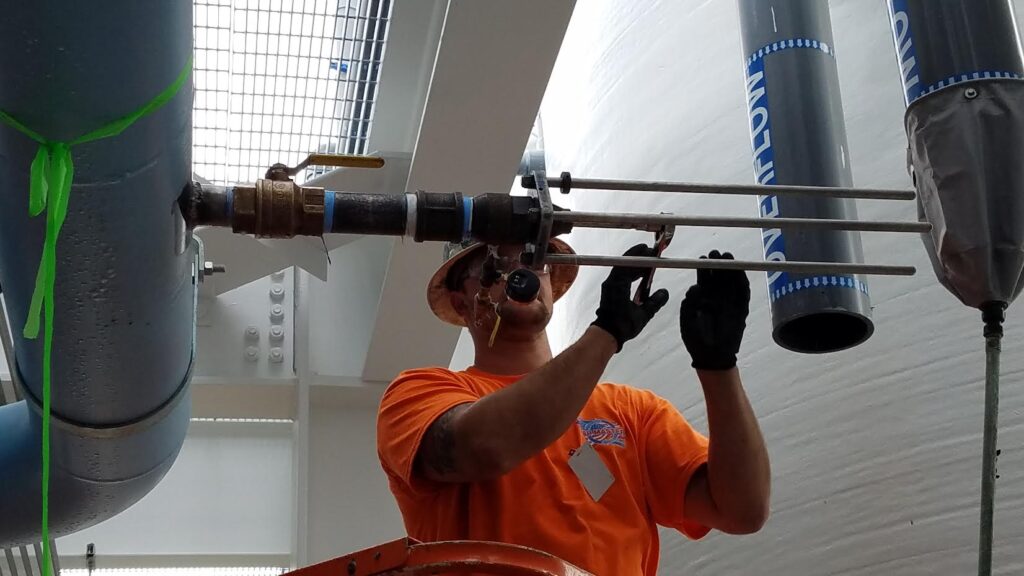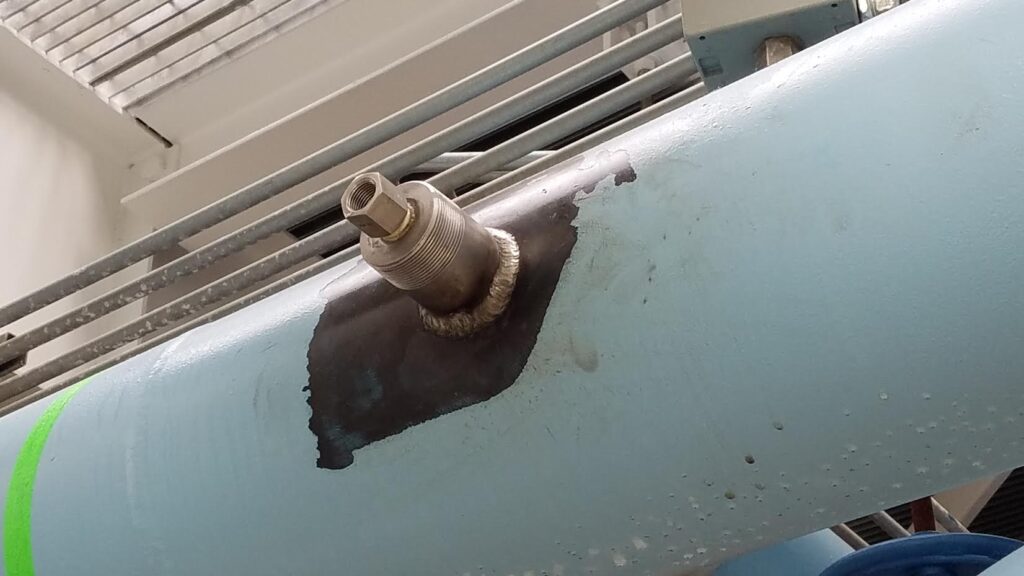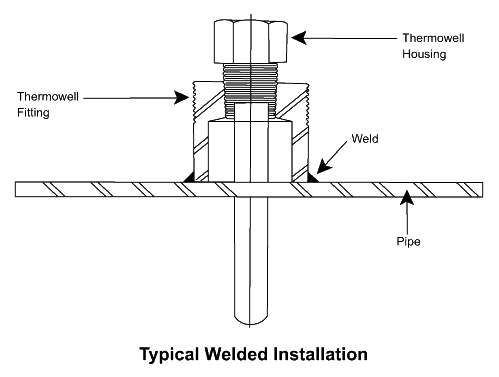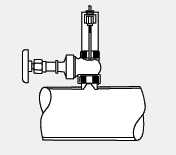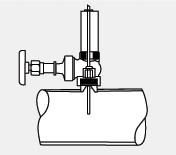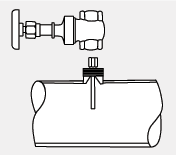What Is A Thermowell?
Thermowells are protective metal tubes that shield thermometers from environments exposed to harsh conditions like pressure, velocity, corrosion, and vibration. Thermowells contact the media, liquid, or gas being tested, while the thermometer’s sensor reads the temperature safely through the inside of thermowell walls.
Benefits Of Thermowells
Thermowells are used to guard temperature sensors such as thermocouples, thermistors and bimetal thermometers against damage from excessive pressure, material velocity and corrosion.
Our Process
- Thermowells can be successfully installed without a shutdown of your system. Tap Master can install all of your energy management hardware while your system is under full operating pressure. Thermowells can be safely installed on steel, plastic, copper and other types of piping. Available in weld-on or bolton. Tap Master’s thermowell fittings work great with everyone’s thermowell housing and are adaptable for any length thermowell.
- The installation of the thermowell consists of welding or bolting the thermowell fitting to the piping, performing the hot tap, and then inserting the thermowell housing into the fitting. This is done without leaving a valve.
Thermowell Types
There are 3 broad categories: screwed, flanged, or weld-in, and can be designed to accept thermocouples, RTDs, temperature gauges or filled systems. Thermowells can be machined from solid bar stock, or fabricated from pipe.
Screwed/Threaded
Threaded thermowell isolates and protects a temperature instrument’s sensing element from pressurized, high velocity and corrosive media. They ensure longer life and accurate measurement while allowing the sensing instrument to be removed without shutting down the process.
Flanged Thermowells
A flanged thermowell features a flange collar, which is located on the mating flange. This mating flange is associated with a pipe nozzle.
Weld-In Thermowells
Weld-in thermowells are welded directly to a pipe or tank, providing a very high quality connection. Because they are welded, they should only be used when access is not required and corrosion is not an issue. Common installations include high temperature and high pressure applications with non-corrosive media.
Industries Served
- Pipelines
- Casinos
- Mining
- Refineries
- Chemical Plants
- Power Generation Plants
- Hospitals
- Commercial Buildings
- Government Agencies
- HVAC
- Mechanical
- Hotels
- Water Treatment Plants
- Breweries
- Marine

